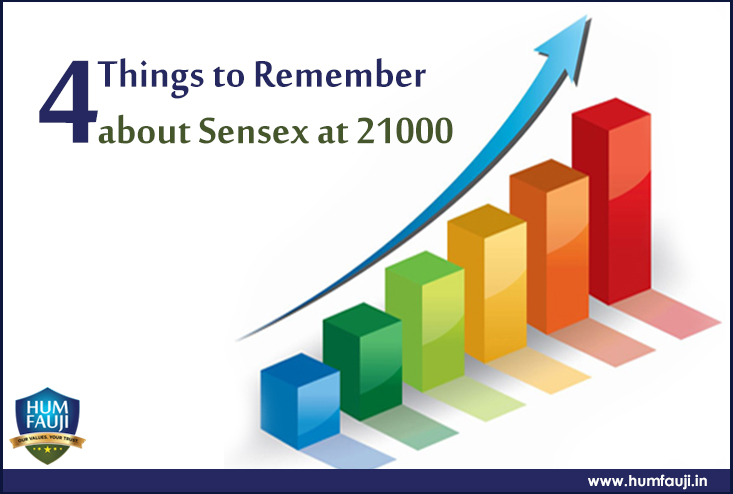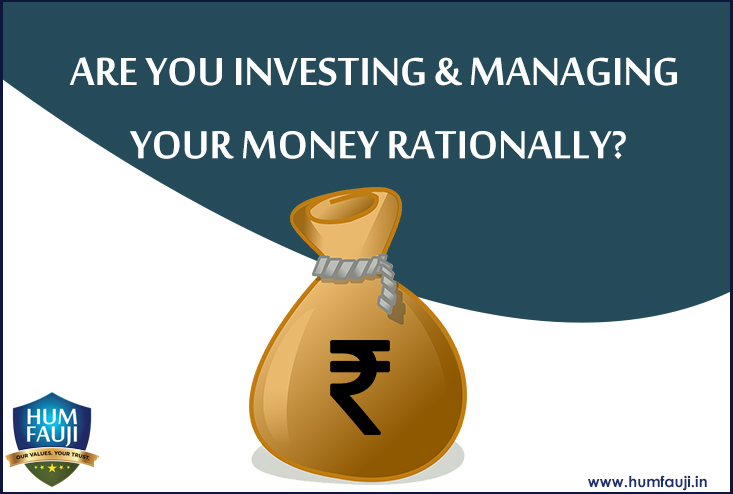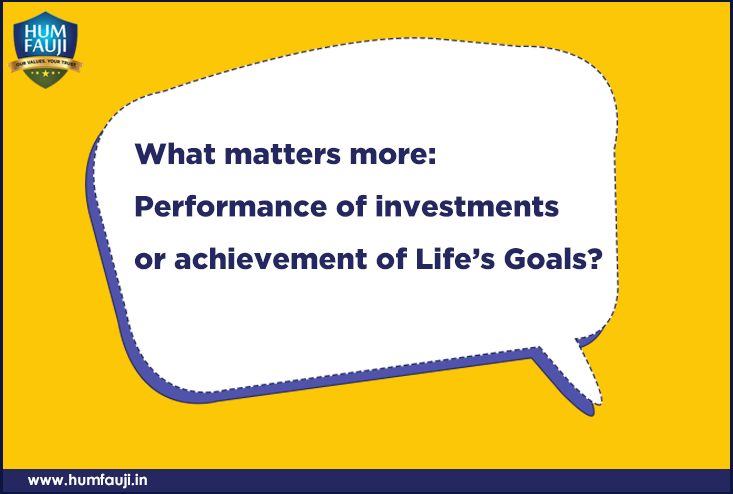Most people know that equities are the best weapon that can beat inflation consistently. But most of us forget to ask one big question: why should the stock market continue to outperform other asset classes as it has done in the past?
Here are 7 unmissable reasons why you should invest in equities
We’re often told with a lot of conviction, and a lot more data, charts and graphs, how the stock market always outperforms other asset classes in the long run.
But most of us forget to ask the big question: why should it continue to do what it has done in the past? In fact, it has seven answers.
It is really very important to know the answers as it will make you a better investor with a higher chance of creating wealth.
When we refer to the stock market, we are referring to a broad market index. This is essentially a basket of stocks that does its best to represent the overall stock market.
Here are those seven answers to the above question, “Why Equities Matter”?
1. Inflation
When prices rise steadily, companies generate higher revenue and profits over time, all other things being equal. And when companies increase their revenue and profit, their stock value grows in tandem. So, part of the rise in stock index levels around the world is simply inflationary growth.
Inflation is also one of the reasons why it’s better being an investor than a saver. As an investor, your asset prices get to ride upward with inflation. But as a saver, the value of your money only diminishes over time.
2. Population growth
A higher population typically means a larger addressable market for companies. And companies that successfully sell to a larger, growing market become more valuable over time.
3. Technology
Statistically speaking, the more people we have, the more geniuses and inventors we will find among us. As the world population has grown, so has the speed of human progress and innovation – and the profits of the companies that march to the beat of progress.
4. Natural selection
An index typically comprises the best and largest companies in the market. If a company fails in any of the qualifying criteria, the next best company is ready to take its place.
5. Risks usually pay off in the long run
The reason you make money over the long term in financial markets is actually the same reason you sometimes lose money in the short term, – ‘taking risks’. In exchange for taking this risk, you’ll get a premium, called the risk premium. Companies have to make it worth your while to take the equity risk.
6. The central bank’s hand
When the economy is too hot, the Reserve Bank of India (RBI) will increase interest rates to cool down spending and hopefully, reduce inflation, as is happening right now. On the flip side, when the economy struggles and people don’t want to invest, the RBI will typically decrease interest rates to generate economic activity. This makes keeping your money in things like savings accounts a lot less attractive. When interest rates go down, the returns on savings accounts and similar savings options almost always go down, as we saw in the past more than two years. That encourages people to buy riskier assets to improve the purchasing power of their money.
7. Why will markets bounce back after a downturn?
Sell-offs, downturns, crashes… they happen all the time but don’t tend to last forever. Why?
First of all, the government takes action. Throughout history, when markets have been in serious trouble, central banks and governments have pursued extraordinary measures to restore them.
Secondly, with markets acting as the future barometer of the economy, if the future of the economy is likely to remain gloomy forever, why should companies or industries not just close down? They don’t do so because they know all cycles always turn.
Thirdly, greed and differing views of the market players. When markets are down, there are always an equally large number of people who see it as a great opportunity to buy – the ‘discount sale’ phenomenon.
These numbers and facts also prove that markets have always performed in the long run. The Indian equity market has delivered a compounded average return of approximately 16% annualized over its history.
Last 33 years’ Sensex data indicates that the likelihood of you achieving a return of 15%, irrespective of when you invested, increases with time. The probability of you earning 15% or more is just 50% in 1-2 years’ time frame. It increases to 66% in a 7-year time period and to 70% in 15 years.
Check out the originally published article on moneycontrol.com by the author
Join the fastest growing Telegram Community of Faujis here.
(Already 4000+ members on the community group are discovering the benefits of fauji financial networking)
Also Read: Are you really financially free?













Leave a Reply